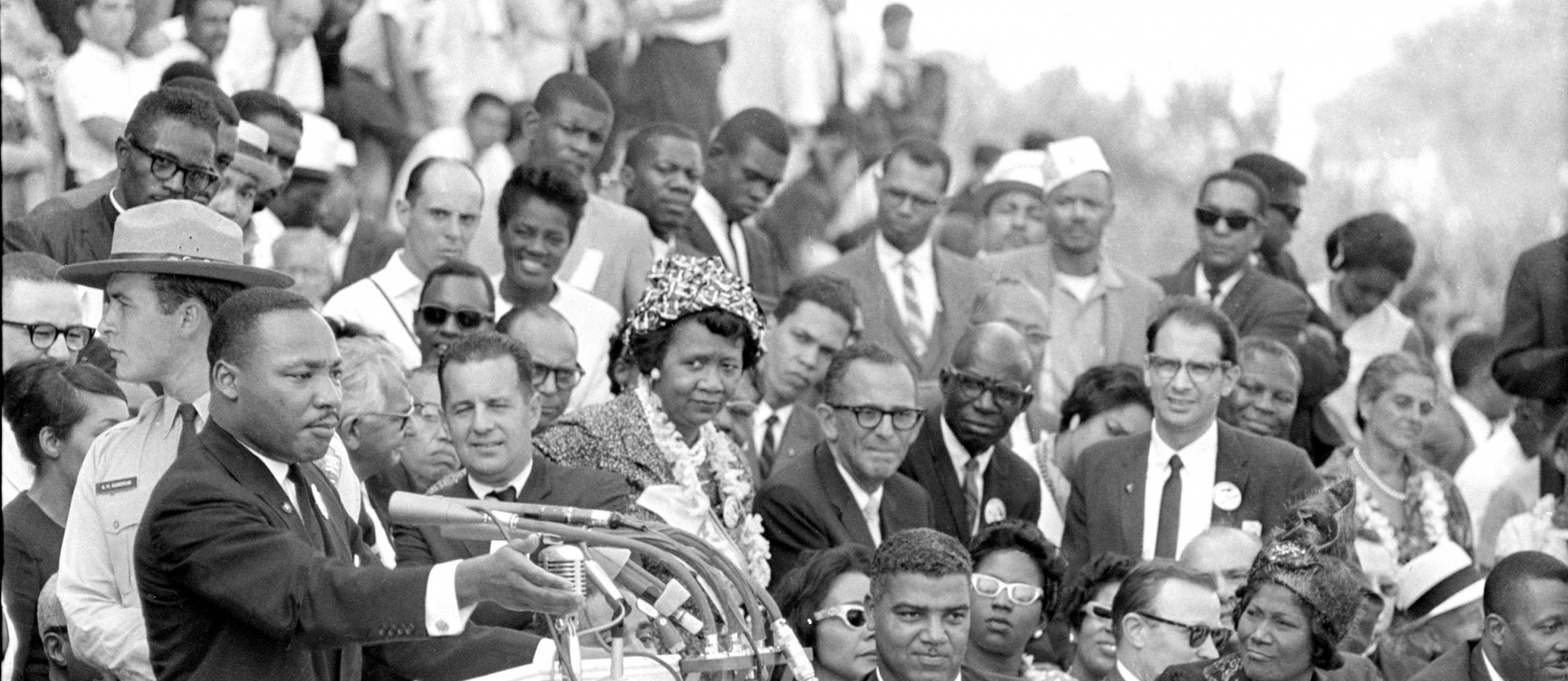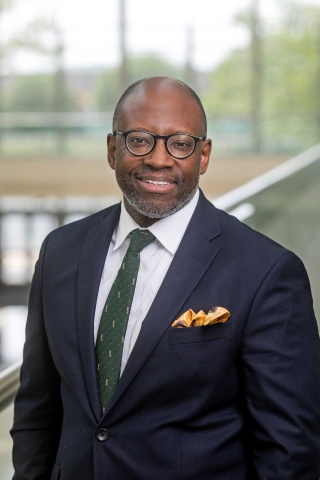Many Americans focus on Martin Luther King's “I Have A Dream” speech as if it were the only thing he ever said. This overemphasis is coupled with a fetish-like appeal to self-proclaimed “civil-rights leaders” as if they were elected to represent black communities. King's dreams, however, will only become reality if we move away from the ideas of those who have turned the black church into a political pawn and return to the themes of the traditional black church that produced the civil rights leaders of the past. King's later speeches reveal additional dreams for black Americans that leaders such as Jesse Jackson, Al Sharpton, Julian Bond, Maxine Waters, and many in the Congressional Black Caucus have failed to actualize.
The black church produced the likes of Rosa Parks, Martin King, Ralph Abernathy, Rev. Joseph E. Lowery, and others because of a burden for social justice and personal dignity. Its emphasis on social justice did not appear as a rationalization for a secular political agenda. Instead, it was based on the moral imperatives derived from Scripture and the teaching of the Christian Church. The liberation narrative of Exodus had special meaning for a people whose experience of the New World had begun in slavery. Black churches' defense of human dignity derived from their acceptance of the truth of man's creation in the image of God. The inherent moral dignity of the black individual is one central theme consistent from plantation churches to the black churches of the 1950s.
In this tradition, King in his 1967 speech “Where Do We Go From Here?” contended that, if America is to be great, we blacks first “must massively assert our dignity and worth. We must stand up amidst a system that still oppresses us and develop an unassailable and majestic sense of values.” The current “black leadership” conditions blacks to see themselves as perpetual inferior victims with no inherent dignity and requiring no personal moral values.
Expecting the best of blacks is futile in this line of thinking. Young blacks have been told their entire lives that they are victims and that the world is set against them. Victimology has done nothing but undermine the higher goal of living as men and women of dignity. As a result, many blacks treat themselves, others, their families, and their communities as though they are without dignity, thereby encouraging the nihilism reflected in broken families, drug abuse, violence, separatism, dependence, anti-intellectualism, and abortions. This is not what King had in mind.
He abhorred any attempt to communicate to blacks a “false sense of inferiority.” However, young blacks are told that they are so inferior that education standards will be lowered for them through discriminatory programs. For example, high school graduation requirements are lowered in predominantly minority school districts and special programs are designed to get “inferior” blacks admitted to college and graduate school.
King rejected this type of discrimination, because it thrusts people into “idleness.” Minority children are not called to greatness, so they do not pursue it. Blacks, then, continue to be, in King's words, “branded as inferior or incompetent” by policies and programs that neither expect nor demand much of them.
King encouraged Americans to “be concerned that the potential of the individual is not wasted.” However, this is exactly what occurred under the watch of the current leadership. The potential of individual blacks is wasted by herding them into sports and entertainment industries and schools with low standards, keeping blacks dependent on government programs, and shackling blacks to groupthink ideology. As King noted, “The dignity of the individual will flourish when the decisions concerning his life are in his own hands, when he has the means to seek self-improvement.”
There is hope. There are black leaders who are true to the themes of the black church and the vision of King's other dreams to call people to a lifestyle of great dignity. Among them are Bishop G.E. Patterson in Memphis, Rev. Lance Lewis in Philadelphia, Bishop Eddie Long in Atlanta, Bishop T.D. Jakes in Dallas, Rev. Weldon Williams in Chicago, Bishop Charles E. Blake in Los Angeles. There are countless others. These are the pastors who are calling blacks to lives of dignity in their sexuality, marriage, family, education, speech, personal morals, and business practices. If America is to be the great nation King dreamed of, it will take this new leadership to usher us to the next level.













